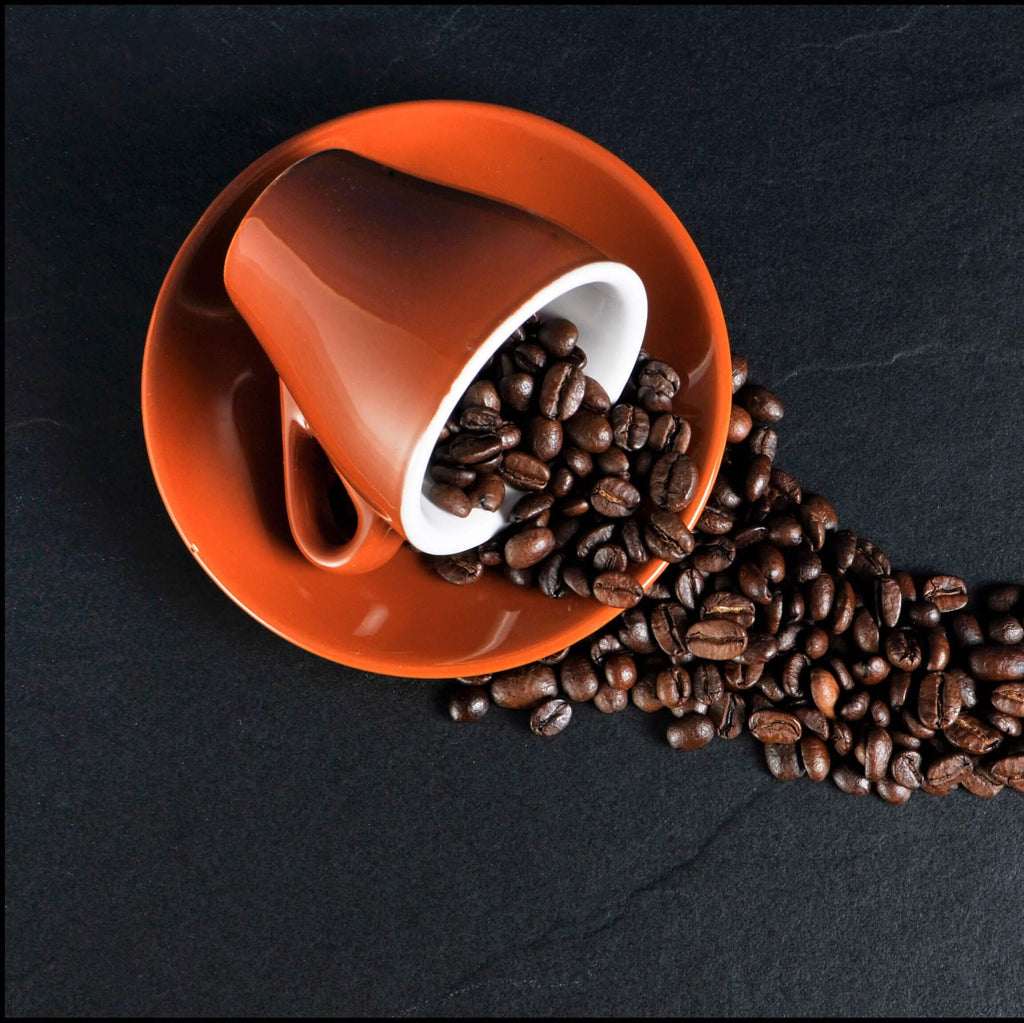Caffeine Alternatives: How to Use Nootropics to Quit Caffeine
Posted by TEAM PURE NOOTROPICS

Caffeine is one of the oldest cognitive enhancers known to man. For hundreds of years people from many cultures around the globe have used caffeine.
Unfortunately, caffeine can be pretty addictive and too much of a good thing is assuredly a bad thing.
Lately, I've given myself a test to quit caffeine and over the course of a month developed a three step system that helped wean myself (and others) off of caffeine.
Part two of this 3-step process is to find alternatives to replace caffeine and that is the focus of this article. There are a host of nootropics and smart enhancers, that can replicate or relieve the effects of caffeine if you know of and use them correctly.
Handling Stress: Adaptogens and Life Without Caffeine
Headaches. Brain fog. Dullness. These are the usual suspects when anyone tries to quit caffeine. Even when people use a weaning process to consume less caffeine, it's possible to experience these side effects and they are not fun. Stress comes in many forms, but for our purposes we aren't talking about the kind of stress that you feel from too many responsibilities at work. This is the kind of stress that includes headaches and brain fog, and is an actual stressor to the body (other stressors include extreme cold, lack of calories, etc). Some of the best supplements for handling this type of stress are adaptogenic herbs, which have been used for a similar purpose for thousands of years.
Rhodiola Rosea - one of the most used nootropics for handling a life without caffeine is rhodiola rosea. This adaptogenic herb is considered one of the most popular for reducing feelings of fatigue and stress.
Panax Ginseng - this is the most famous adaptogenic herb and while it is popularized in energy drinks, using an authentic panax ginseng product may help with post-caffeine living.
L-Tyrosine - at first glance L-tyrosine may look like a normal amino acid, but it is special for the purposes of overcoming physical stress. L-tyrosine operates with similar systems in the brain as caffeine (dopaminergic), which means it may also replicate some of the mood and concentration benefits of the substance as well.

